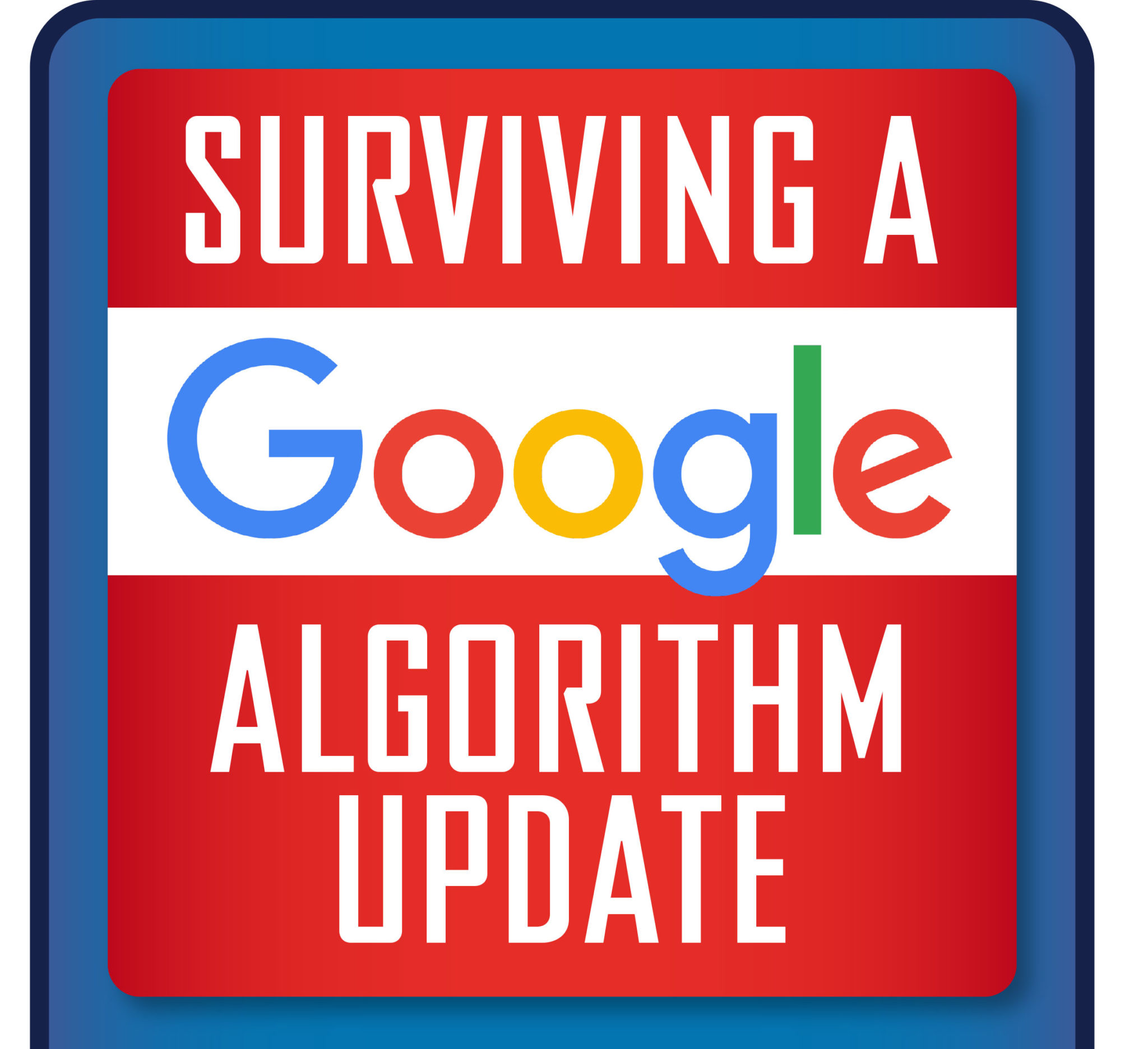By: Nic Sells
Few things have changed our daily lives like Google. Need to know how to tie a tie? Google it. Want to learn how to crochet? Google it. Want to stay up to date on the latest news? Google it. Want to know why 11 isn’t pronounced “onety one?” Google it.
And while the search engine giant might not be able to provide a satisfying answer to all searches, its success largely depends on satiating the vast majority of its users’ search appetites. To continue offering relevant content that satisfies search intent, Google updates, and sometimes fundamentally changes, its algorithm. Constantly.
In 2018, Google reported more than 3,000 “improvements,” which, in fact, shook out to be just under nine changes per day, on average.
What does this mean to businesses that want Google’s continually-changing algorithm to find them? They need to make sure the content they provide is, most importantly, relevant to their offering and optimized according to Google’s preferences.
But, to the frustration of marketers, SEO pros and webmasters everywhere, Google is annoyingly vague about how to please its algorithm. Instead of offering concrete how-to advice for staying on top of each update, Google simply provides a list of questions for content creators:
• Does the content provide original information, reporting, research or analysis?
• Does the content provide a substantial, complete or comprehensive description of the topic?
• Does the content provide insightful analysis or interesting information that is beyond obvious?
• Is this the sort of page you’d want to bookmark, share with a friend or recommend?
• Would you feel comfortable trusting this content for issues relating to your money or your life?
• Was the content produced well, or does it appear sloppy or hastily produced?
And so on . . .
It’s clear that surviving the countless algorithm updates is more about surviving Google itself.
Graciously, Google has provided some insight into how its human search evaluators—the individuals who study how well Google’s algorithm is doing its job—look at web pages to differentiate high-quality content from low-quality. This SEO-goldmine PDF document contains three cornerstones that can guide creators in producing relevant, search-friendly content to survive the never-ending onslaught of updates.
Beneficial Purpose
Here, Google acknowledges that every webpage or site was created for a purpose, or multiple purposes—be that to sell something, educate its visitors or, sometimes, even do users harm. Google prefers sites and pages that show a beneficial purpose to users. As long as the website or page was created to help users, it’s likely to receive a better Page Quality (PQ) rating. Conversely, those that were created with the intent to harm or deceive users, or make money with no attempt to help users, should receive the “Lowest” PQ rating.
In short, Google has decided that the first step in evaluating a page’s quality lies in understanding its intent. It has determined, ultimately, that webpages and sites devoted to helping users are more high quality. So, even if your website’s purpose is to sell something, it needs to provide some sort of value to the user—a blog with consumer tips, for example.
Your Money or Your Life (YMYL)
According to recent figures, there are nearly 2 billion websites looming in the digital world. And, needless to say, not all of them provide accurate and dependable information. Google understands this.
That’s why the search engine places extra emphasis on something it’s deemed Your Money or Your Life (YMYL) content. If presented inaccurately, untruthfully or deceptively, this information could directly impact the reader’s happiness, health, safety or financial stability.
There are a number of topics that fall under the YMYL umbrella, from news and current events to medical advice. Just know that Google, wisely, wants to make sure only experts with relevant experience write such content that can so intimately impact web surfers’ lives.
Expertise, Authoritativeness, Trustworthiness (E-A-T)
In order for a page or site to win over Google’s heart, it needs to show that the creator of the Main Content (MC) has expertise, authority and trustworthiness. While E-A-T is important for all content, it’s even more so for those YMYL topics.
But let’s return to the Beneficial Purpose cornerstone for a moment. Google says, “the first step of PQ rating is to understand the true purpose of the page.” Google will evaluate the E-A-T of only those websites or pages that have been found to provide a beneficial purpose to users. Websites or pages with no beneficial purpose, according to Google, receive the Lowest PQ rating and, accordingly, aren’t going to be easily found—even if you’re trying.
So, Google has said, “for all other pages that have a beneficial purpose, the amount of expertise, authoritativeness and trustworthiness is very important.” Here’s how they judge these three components (get ready for a barrage of “MC”—again, that’s Main Content):
Expertise of the creator of the MC
Authoritativeness of the creator of the MC, the MC itself and the website
Trustworthiness of the creator of the MC, the MC itself and the website
What’s interesting to note here is that Google isn’t only looking at the creator of the content to establish E-A-T, but the content itself and the website as a whole.
Surviving the Digital World
It would be practically impossible to keep abreast of each individual Google algorithm change. The good news is that, instead of endlessly swinging away at its constant updates, providing quality, trustworthy content and honest value to the reader will ensure you’ll be around for the long haul. Diving into Google’s SEO guidelines would take a volume. But here are our three main takeaways for surviving Google’s algorithm:
• Foremost, make sure your website or page is created to help users.
• Special care needs to be taken with YMYL topics.
• Show expertise, authority and trustworthiness—either with the content, a bio of the creator of the MC or the website itself.
If you’re wondering how to best optimize your website to gain honest and lasting favor from Google, FORTHGEAR can help. Simply contact one of our experienced SEO analysts today for a consultation or to get an audit of your website.


